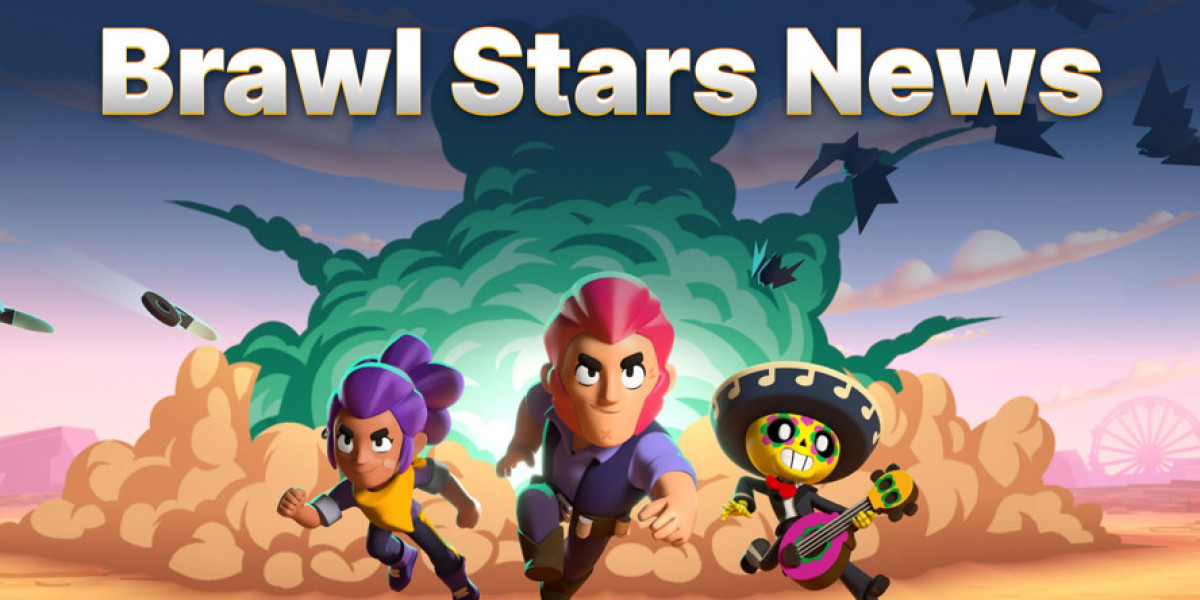The Ultimate Guide to Free Game Servers: Unlocking the World of Gaming
In today's gaming landscape, multiplayer experiences have become a cornerstone of modern gaming. Whether you’re battling against friends in a first-person shooter or collaborating to defeat powerful bosses in an MMORPG, the backbone of these experiences often lies in game servers. While many players opt for paid servers due to their reliability and performance, free game servers can offer an exciting alternative for those looking to enjoy gaming without breaking the bank.
Understanding Game Servers
Before diving into the specifics of free game servers, it’s essential to understand what game servers are. A game server is a dedicated server that hosts a multiplayer online game. It facilitates communication between players, manages game mechanics, and ensures synchronization of the game state. The server is responsible for maintaining the game environment, handling player data, and enforcing game rules.
Types of Game Servers
Dedicated Servers: These are physical servers entirely dedicated to hosting a single game. They offer high performance and reliability, making them ideal for large communities.
Virtual Private Servers (VPS): A VPS mimics a dedicated server within a shared hosting environment. It provides flexibility and control but generally at a lower cost than dedicated servers.
Peer-to-Peer (P2P): In this model, players connect directly to each other instead of a central server. While this can reduce latency, it often leads to inconsistencies in gameplay and security vulnerabilities.
Cloud Game Servers: These servers leverage cloud technology to provide scalable resources based on demand. They are often used by larger games and studios due to their flexibility and reliability.
What Are Free Game Servers?
Free game servers offer players a chance to host games without incurring costs. They can range from community-run servers to those provided by developers as a way to foster player engagement. Free game servers typically come with certain limitations, such as reduced performance, fewer player slots, or limited features compared to their paid counterparts.
Benefits of Free Game Servers
Cost-Efficiency: The most obvious benefit is that free game servers come at no cost, making them accessible to everyone, regardless of budget.
Community Engagement: Many free servers are run by gaming communities. This can lead to a more engaging and social atmosphere, as players often know each other.
Testing and Experimentation: Free servers provide an excellent platform for players to test mods, new game modes, or gameplay mechanics without the financial commitment of a paid server.
Learning Experience: For those looking to understand server management or game hosting, free servers offer a hands-on experience without the need to invest financially.
Drawbacks of Free Game Servers
Performance Issues: Free servers may have limited bandwidth and resources, leading to lag, crashes, or downtime during peak usage times.
Limited Features: Many free servers come with restricted features, including fewer customization options, fewer player slots, and less control over server settings.
Security Risks: Free servers might not have the same level of security as paid ones, making them susceptible to hacks, DDoS attacks, or other vulnerabilities.
Lack of Support: As these servers are often community-run, support may be limited, and players may not receive help promptly when issues arise.
Setting Up a Free Game Server
Setting up a free game server can vary depending on the game you want to host. Here’s a general guide on how to go about it:
Step 1: Choose Your Game
First, determine which game you want to host. Popular games with community support for free servers include Minecraft, Counter-Strike, and ARK: Survival Evolved. Each game has different requirements and methods for server setup.
Step 2: Gather Requirements
Check the hardware and software requirements for hosting the game server. While some games can run on modest hardware, others may require more robust systems. Ensure your computer meets the minimum specifications.
Step 3: Download Server Software
Visit the official game website to download the dedicated server software. Many games provide a separate version of their software specifically for server management.
Step 4: Configure Server Settings
After installing the server software, you’ll need to configure it. This may involve editing configuration files to set player limits, game modes, rules, and other essential settings. Many games provide tutorials or community guides to help with this process.
Step 5: Open Necessary Ports
To allow other players to connect to your server, you need to open specific ports on your router. This is often done through the router's settings interface. Make sure to consult the game’s documentation for the correct port numbers.
Step 6: Launch the Server
Once everything is configured and the ports are open, you can launch the server. Players can then connect using your IP address and the specified port number.
Step 7: Promote Your Server
If you want to attract players, consider promoting your server in gaming forums, social media, or community groups. Engaging with potential players can help build a community around your server.
Free Game Server Alternatives
If setting up your own server seems daunting, there are various alternatives to consider:
Public Game Servers: Many popular games have public servers hosted by the developers or community members. You can join these servers without needing to host one yourself.
Game Rental Services: Some services offer free trials or low-cost options for renting game servers. While not entirely free, these services may provide a budget-friendly solution with better performance than completely free options.
Local LAN Servers: If you’re playing with friends in the same location, consider hosting a local area network (LAN) server. This method requires no internet connection and can provide a smoother experience.
Frequently Asked Questions (FAQs)
1. Are free game servers safe to use?
While many free game servers are safe, some may pose security risks. It's essential to research the community and server host before joining. Using reputable servers with positive reviews can help mitigate risks.
2. Can I customize a free game server?
Customization options depend on the game and the server host. Many community-run free servers allow for a significant degree of customization, while others may have limitations.
3. What games can I host on a free server?
Many popular games offer options for free servers, including Minecraft, Counter-Strike, ARK: Survival Evolved, and others. Always check the game’s official site for details on server hosting.
4. How do I deal with lag on a free server?
Lag can be caused by various factors, including server performance, player count, and internet speed. To reduce lag, consider limiting the number of players, closing background applications, or choosing a server with better hardware.
5. Can I migrate to a paid server later?
Yes! If you start with a free server and later find that you need more performance or features, you can always migrate to a paid server. Many server rental services provide easy migration options.
6. Do I need technical skills to set up a free game server?
While some technical knowledge can help, many games have user-friendly server software and community guides to assist new users. Basic understanding of networking and server management will be beneficial.
7. How can I attract players to my free game server?
Promote your server in gaming communities, social media, and forums. Hosting events or game nights can also draw interest and engage players.
Conclusion
Free game servers offer an exciting opportunity for gamers to enjoy multiplayer experiences without the financial burden. While they come with their own set of challenges, the benefits of cost efficiency and community engagement often outweigh the drawbacks. Whether you are a seasoned player or a newcomer looking to explore multiplayer gaming, free game servers can provide a fantastic platform to connect with others and enjoy your favorite games. By understanding the setup process, exploring alternatives, and actively engaging with the gaming community, you can make the most of your gaming experience without spending a dime.








